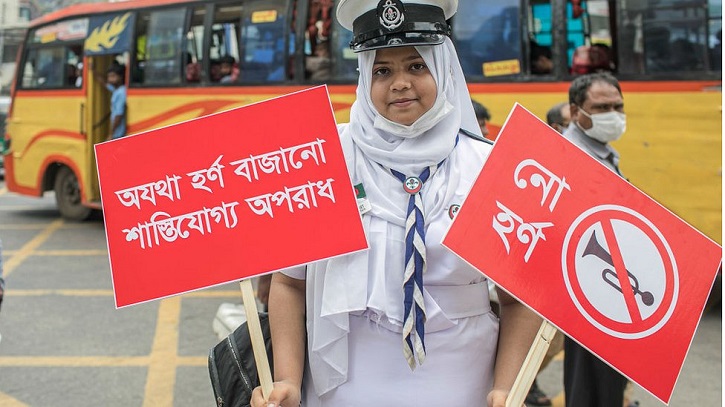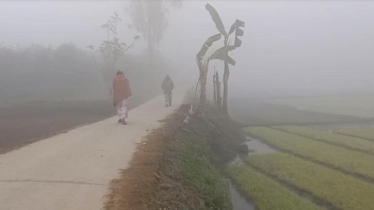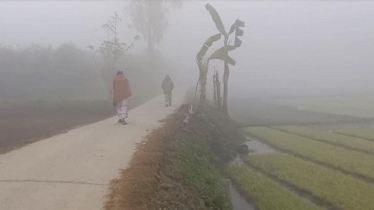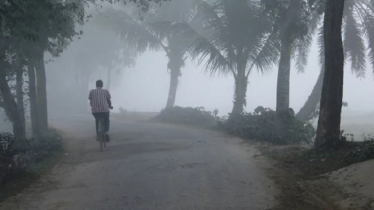
The government has introduced a new set of regulations to curb the rising levels of noise pollution across the country. The Ministry of Environment, Forest and Climate Change issued the official gazette today, replacing the Noise Pollution Control Rules of 2006 and laying out more stringent standards for area-based noise limits, horn restrictions, responsibilities for industrial and commercial establishments and expanded punitive measures.
Under the updated rules, daytime has been defined as the period between 6 a.m. and 9 p.m., while nighttime spans from 9 p.m. to 6 a.m. Acceptable noise levels have been clearly specified for each area category. Silent zones may not exceed 50 decibels during the day and 40 decibels at night. Residential areas are limited to 55 decibels during the day and 45 at night. Mixed areas are restricted to 60 decibels during the day and 50 at night. Commercial zones must remain within 70 decibels in the daytime and 60 at night, while industrial areas may allow up to 75 decibels in the day and 70 at night.
Horn-related restrictions have also been tightened. No individual or entity will be allowed to manufacture, import, store, sell or transport high-noise horns, hydraulic horns, multi-tone horns or related accessories. Installing or using unapproved high-noise horns in motor vehicles or vessels is strictly prohibited. Horns may not be used in silent zones under any circumstances, and residential areas will remain horn-free from 9 p.m. to 6 a.m.
New directives have been introduced regarding firecrackers, fireworks and similar noise-generating explosions. These items are completely banned in silent zones at all times. Their nighttime use is prohibited in all other zones, although limited use may be permitted during state events, sports events, cultural programs and festivals with prior approval.
Industries, commercial establishments and residential buildings must adopt necessary noise-control measures for generator operation. Picnic activities in natural forests and wildlife habitats have been banned, along with the use of loudspeakers, sound systems or other high-noise devices in such areas. Vehicles used for picnics or social gatherings will also be barred from operating any loud noise-generating equipment.
The regulations introduce strict penalties for violations. Manufacturing, importing or marketing prohibited horns or accessories may result in a maximum of two years’ imprisonment, a fine of up to Tk 200,000, or both. Using unauthorized horns in motor vehicles or vessels, or honking in silent zones, may lead to up to three months’ imprisonment, a fine of Tk 10,000, or both, along with a one-point deduction from the driver’s license. For other violations, penalties may include up to one month’s imprisonment or a fine of Tk 50,000.
The rules do not apply to religious institutions, national events, official duties of defense and law enforcement agencies, aircraft or trains.
The new regulations also impose strict noise-control requirements on election campaigns. Use of microphones, loudspeakers or sound-amplifying devices is entirely prohibited in silent zones. In all other areas, campaigns must comply with the Election Commission’s code of conduct and may not exceed the prescribed noise limits. According to the code, no candidate or campaign representative may use more than three microphones or loudspeakers in the same area. Campaigning is permitted only between 2 p.m. and 8 p.m., and amplified sound may not exceed 60 decibels. Electioneering cannot begin earlier than three weeks before voting, and all campaign activities must cease 48 hours before election day.
Violations of these rules may result in up to six months’ imprisonment and a fine of Tk 150,000. The Election Commission also retains the authority to cancel a candidate’s nomination if necessary.





